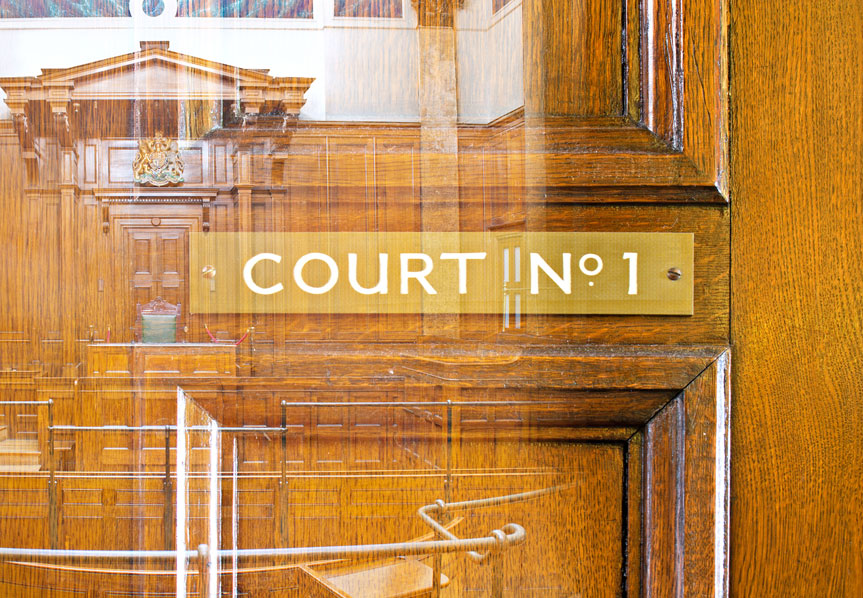A judge’s recent criticisms of an expert witness have again highlighted the damage caused by conflicts of interest and the absolute necessity of being able to demonstrate independence and objectivity.
In Essex County Council v UBB Waste (Essex) Limited 2020 EWHC 1581 (TCC), the judge compared the approaches adopted by the different experts.
As his starting point for describing what the courts expect from their experts, he took paragraph 11 of the Guidance for the Instruction of Experts in Civil Claims 2014 which sets out the test of independence as follows: would the expert say the same thing if instructed by another party in the same case?
Mr. Justice Pepperall described the Claimant’s experts in the following terms:
1. Professor Edward Stentiford - “In my judgment, he was impressive for his obvious technical knowledge, his patent independence and impartiality and his refusal to be drawn on issues outside his own area of expertise. I have no hesitation in preferring his evidence to that of Dr Weatherby.”
2. Ingeniur Josef Martens - “I was impressed by the obvious depth of his technical knowledge and his industry experience. In my judgment, his evidence was given with obvious objective professional detachment. I again prefer his evidence to that of Dr Weatherby.”
Turning to Dr. Weatherby’s evidence, although never once doubting his expertise in the field, the judge concluded that he had a number of concerns about independence and impartiality:
1. Before the contract which was being litigated, the company (Fichtner) of which Dr. Weatherby was the Managing Director had provided UBB with advice on the obligations they would take on under the contract;
2. Once the contract had been entered into, Fichtner provided UBB with advice on design and construction, with fees into hundreds of thousands of pounds;
3. As an expert witness, Dr. Weatherby was giving an opinion about the advice that he had given to UBB;
4. A separate letter of claim was sent to Fichtner by one of UBB’s sister companies. Dr. Weatherby responded that he would not act as UBB’s expert witness unless the position of the sister company’s claim was first “clarified”;
5. The existence of the potential second claim meant that Fichtner, and Dr. Weatherby, had a financial interest in defeating the claim made by the Local Authority.
The judge described these conflicts of interest as being “obvious and serious” and he doubted that UBB would have been given permission to rely on Dr. Weatherby had they been known about at the time of the Case Management Conference.
The judge concluded that Dr. Weatherby had “failed properly to distinguish between advocacy for a client and the rigour required when acting as an independent expert”.
He did not exclude Dr. Weatherby’s evidence but he did treat it with caution and, as can be seen from the comments above, where there was a difference between the experts, the judge preferred the evidence of the Claimant’s witnesses.
The message could not be simpler.
To act as an expert witness, technical expertise is obviously essential but it is not the end of the matter; the expert must be able to demonstrate impartiality, independence and objectivity.
Dr. Weatherby should have declared his conflict of interest at the point he received expert witness instruction for this particular case. He further compounded his errors by advocating UBB’s position, instead of fulfilling his duty as an independent expert witness to the court.
It may not be impossible to make the transition from expert advisory work to acting as an expert witness, but great care needs to be taken to consider whether or not the terms, timing and activity of the advisory period make the issue of independence questionable: if they do, the instructing party should look for a different expert.
We hope you found this update interesting.
Nick Deal
Barrister & Head of Expert Witness Training, Bond Solon
This article was first published on the 8th July 2020.


